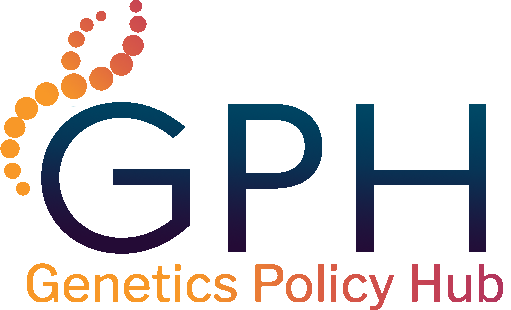From 2004 to 2024, the Health Resources and Services Administration (HRSA) funded the National Coordinating Center for the Regional Genetics Networks (NCC). NCC developed and maintained the Genetics Policy Hub.
With the conclusion of NCC funding, the Genetics Policy Hub (GPH) will no longer be updated or maintained. Information on GPH should be used for historical reference only.
Reproductive Options
Updated On Sep 19, 2024
This information is meant to be used for educational purposes to inform providers, patients, and genetic service delivery stakeholders about genetics policy topics. Sharing of information, resources, or policy statements is no way an endorsement of stated positions by NCC.
Introduction
Families with genetic conditions often run into questions about reproductive options with their current pregnancies and/or future pregnancies. Reproductive options include, but are not be limited to:
- continuation of an affected pregnancy
- achieving a future pregnancy naturally, while accepting the risk of it being affected
- achieving a future pregnancy using donor sperm or eggs to avoid a genetic condition
- using in vitro fertilization (IVF) and only selecting unaffected embryos
- termination of an affected pregnancy.
All of these options, and others not listed, have benefits and drawbacks for the families. These options are often regulated by state governments. For example, a termination at a later stage of pregnancy may be an option in one state, but not another. Likewise, states may have differing laws regarding terminations for medical reasons. Some states also have fertility preservation laws.
Legislation and Regulation
The Guttmacher Institute has an overview of abortion laws by state, which can be accessed at this webpage.
RESOLVE tracks legislation and regulations affecting infertility coverage in each state, which can be accessed on its website. Specifically, they track which states have mandatory infertility coverage, IVF insurance laws, and fertility preservation laws.
Are you interested in learning what your state’s government or the federal government are currently proposing for either legislation or regulation? Check out Legislative/Tracking system for up-to-date information and subscribe to our Twitter channel to get the latest updates in your pocket.
Policy Positions
Organizations working within the genetics community (national genetic organizations, advocacy organizations, etc.) have published positions on reproductive options. Explore these position statements below.

